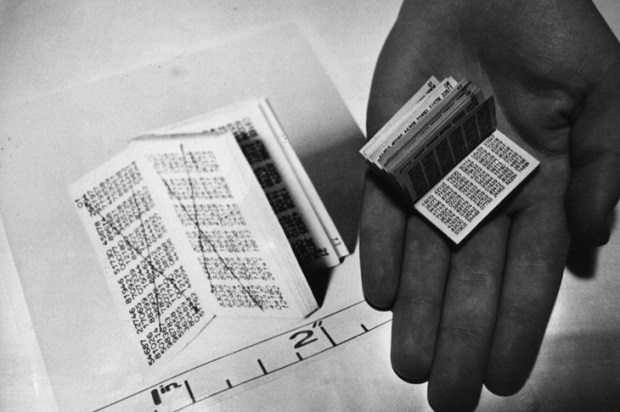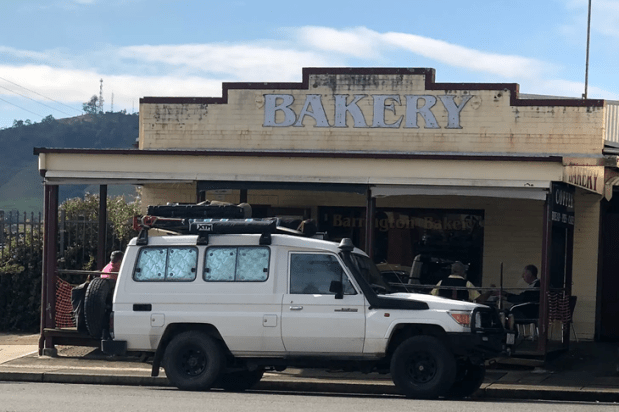The governance mechanisms in Australia, and the West more broadly, are so manifestly corrupt that they are beyond salvage.
The idea of representative democracy, wherein an aggrieved constituent could write to his or her MP and reasonably expect a considered reply and some sort of effort made to address the given issue, had already been dying slowly for many years when ‘da Covid’ came along. Post-Covid, the notion was summarily executed.
When Pfizer threw its support behind a push for constitutional change, alongside our national carrier Qantas – who painted ‘Yes’ insignia on a few of its planes – and the Australian Football League (even if they have seemed recently to go cool on the idea by announcing they wouldn’t showcase it at the Grand Final), even the dullest observer should be able to tell that government and corporate entities are now getting too close to one another.
This battle is being waged on many fronts – one of which is the World Health Organisation’s push (or putsch?) for vastly increased influence and control over countries, whose governments are about to (in my opinion) betray their own people by signing on to the proposed International Health Regulations. The Australian government is running a ‘consultation’ period until tomorrow. Take part here.
The outcomes would seem to be a fait accompli and as such, would appear to make the submission of responses to the ‘consultation’ questions a waste of time. Responses, no matter how eloquently or viscerally expressed, will probably have little impact on the final wording of whatever instrument is agreed upon. But at a deeper level, there may just be value in playing along with the charade.
In 1974, Mohammad Ali fought George Foreman for the heavyweight boxing title in the famous ‘Rumble in the Jungle’ bout in Zaire, and used a tactic he later described as ‘rope-a-dope’. As Wikipedia explains it:
As the second round commenced, Ali began to lean on the ropes and cover up, letting Foreman punch him on the arms and body (a strategy Ali later dubbed the rope-a-dope). As a result, Foreman spent his energy throwing punches (without earning points) that either did not hit Ali or were deflected in a way that made Foreman hitting Ali’s head difficult, while sapping Foreman’s strength due to the large number of punches he threw. This loss of energy was key to Ali’s rope-a-dope tactic.
Foreman wasted energy while Ali conserved his own. Ali won the fight when it was stopped in the eighth round with a five-punch combo that put Foreman on the canvas. Towards the end, Ali was whispering into Foreman’s ear, ‘Is that all you got?’
As I’ve argued here and here and here, I think the most important things we should be doing to combat the threats of coercive health measures, restrictions on speech and movement, control over spending via CBDC, and many other horrors are to create networks and communities beyond the reach of governments, a ‘parallel polis’ where connections on a local level support human flourishing in whatever ways meet the local needs – a music group, a service club, a parish, a reading club, a gardening co-op. These things can all emerge and grow without the permission and even the knowledge of the moral and bureaucratic busybodies we’ve come to despise.
If we are to tackle the long and arduous task of rebuilding our institutions; from functioning drug safety bodies, to Parliaments that don’t suspend themselves when faced with a sniffly nose; from human rights commissions who have something to say about locking people in their homes, to police forces who don’t instruct their officers to check the contents of coffee cups, or shoot protesters in the back with rubber bullets – then conventional civil protest could be our rope-a-dope tactic.

























